Op-Ed: Ushankas & vodka & bears, oh my!
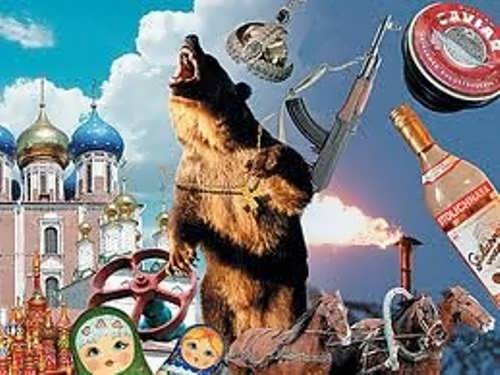
Photo Credits: teachershelp.ru | A collection of Russian stereotypes, all frequently seen in Western medias.
It had been a busy workday, one that was far from ending.
Gathered around the round table, staff members had been discussing for what seemed like hours now before slowly drifting off topic – specifically, the political climate of Russia.
Despite being fully aware of the Russian Americans that were attending the meeting with them, people had begun making remarks about Russia that were all too familiar –
“Maybe if we put Walmarts on the Red Square, they’d smile more,” one piped up, the table joining them in casual laughter.
“Or they’d be more civil,” another one added without hesitation. More laughing.
We view people through preconceived notions handed to us through the media we consume – Our opinions and thoughts are constantly shaped through the stereotypes pushed forward by Hollywood, social media, magazines, celebrities, et cetera. Our opinions begin to develop as less of our own and more of an amalgamation of the information, whether accurate or not, that we consume. Our society is based on these stereotypes, especially of races and ethnicities.
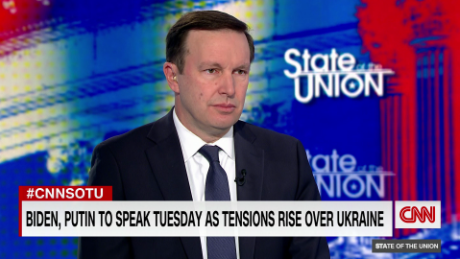
There is a direct correlation between Russia’s political state, specifically its relationship with America, and what Russian stereotypes are propounded by American media.
Russia’s internal turmoil and the dissolution of the Soviet Union began in 1988 while the Cold War neared its end around the same time (1947 – 1989). Subsequently, Red Heat (1988), Armageddon (1988), and Rocky IV (1985) were released around the same time as these major points in Russian history.
Russia’s meddling in the presidential election and the controversial correspondence the leaders had with the Trump administration were followed by a reawakened interest in portraying Russians as caricatures of our culture with the release of Red Sparrow and Red in 2018, Stranger Things’ season 3 in 2019, and Call of Duty: Black Ops Cold War in November of 2020.
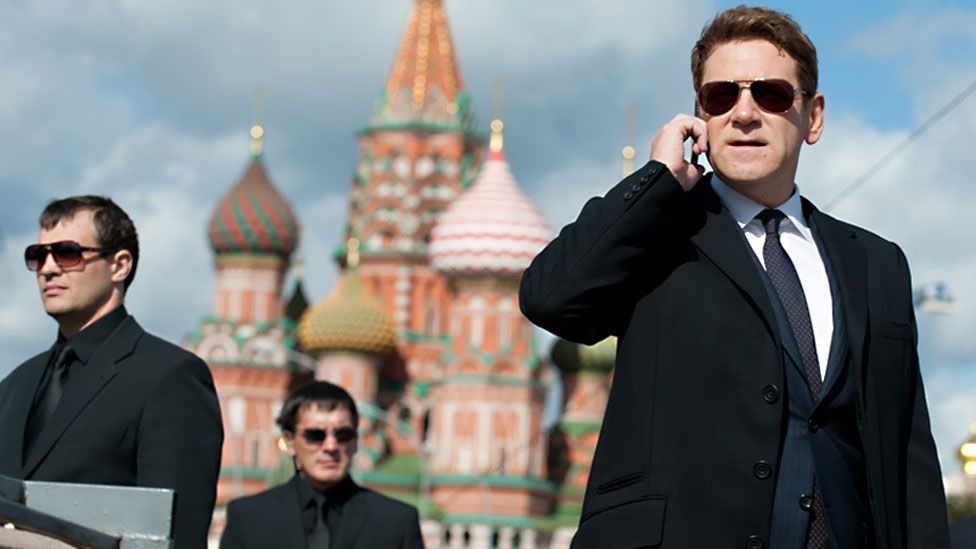
Each of these examples of media represents Russians in a different yet equally crude way. Whether they’re drinking an abhorrent amount of vodka and meant to be the comic relief of the movie or they’re acting as cold and heartless villains, Hollywood movies have consistently displayed Russians unrealistically. All of the aforementioned movies are examples of this falsified representation of Russians, with the most common stereotype they propound and over exaggerate being the amount of post-USSR communist activity there is in Russia.

In Red Sparrow, the main character is a promiscuous Russian spy who uses beauty to coerce information from an American CIA informant. This movie constantly enforces the idea of an abundance of ruthless spies in Russia, an ideology which I, among many other Russians, have been questioned about before – are you a spy?
When he was young, Maxim Ostrovsky, a Carnegie teacher, received not only insulting remarks from his classmates, but also his teachers due to his being an immigrant. People constantly asked if he was a commie or a spy and poked fun at his name as it was considered unusual.
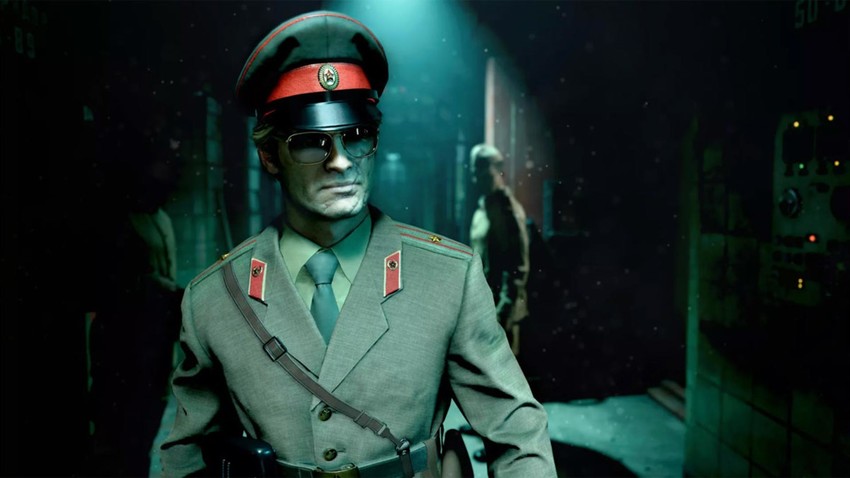
Meanwhile, Call of Duty: Black Ops Cold War approaches these stereotypes in a different type of media, being a videogame, yet arguably in a more negative light than in Red Sparrow. In the game, players learn of an oppressive and violent government and are tasked with infiltrating the KGB base. While the writers are attempting to tell a a fantasy they’ve created in Cold War era Russia, they made the characters overly fantastical. Each Russian character is violent, with little to no human substance to them besides despising America and, well, any country besides Russia. However, Call of Duty is used to such portrayals of Russians, judging from how almost every single Call of Duty game features a heartless Russian villain or group.
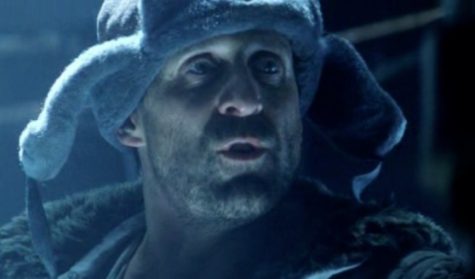
While Red Sparrow and Call of Duty show Russians being savage war criminals, Armageddon thrives in displaying Russians as idiots through the character Lev Andropov, who wears his ushanka 24/7 and ingests a mass amount of alcohol (which, all Russian characters seem to do) despite being in space. The only way for this character to complete his “triad of Russian stereotypes” is by sending out nuclear threats over another shot of vodka and perhaps infiltrating the Pentagon while he levitates in zero gravity with his pet bear, Ekaterina, whom he endearingly refers to as his “little babushka”. Maybe then, we could have the perfect Russian movie.
When I was younger, I was told by my parents and the people around me to embrace my heritage. In elementary school, I was infatuated with the responses I’d get when I told my friends and teachers I was Russian – “Do you speak Russian?” “Have you been to Russia?” et cetera. I was in 4th grade when I first learned about stereotypes.
It was an incredibly lighthearted joke, one that I remember laughing at with him, albeit not exactly understanding. It wasn’t incredibly serious, yet it’s stuck with me all these years. Ever since this comment, I’ve been exposed to jokes and media surrounding Russians, I’ve seen the same stereotypes and tropes repeated countless times – and this passing joke from my friend was only an introduction to the world Hollywood has formed for me.
Since then, I’ve become more and more entwined with internet culture. I’ve discovered so many portrayals of Russians that completely rivaled the relatively innocent vodka joke from 4th grade.
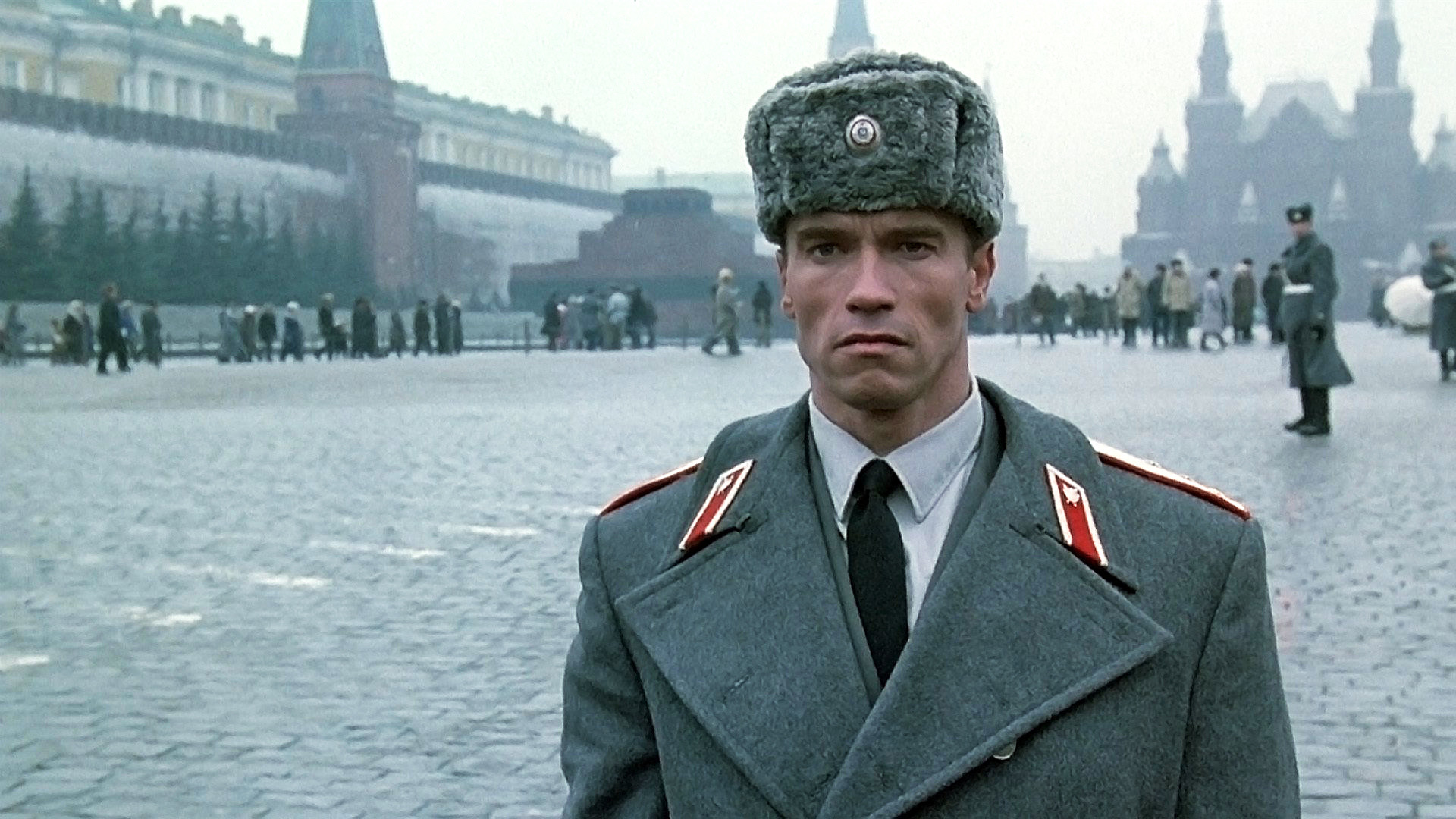
Murderers, fools, commies, and toxically patriotic – this is what people gather from Americanized Russian media, like Red Sparrow (2018), Red Heat (1988), Red (2010), and my personal favorite, “Red-Sickle-And-Hammer-Comrade-Communism” (Date TBD).
While the social culture in Russia is different to that of America’s (the stereotype about Russians never smiling is only partially true – it’s considered to be strange to smile at strangers in the streets), Russians are not anything like what the movies portray us to be. We are not idiots, not evil spies, not drunkards, not ‘enemies of the state’ – we are a vastly diverse culture, composed of over 190 ethnic groups, 142 million people, and over 2,000 years of history that are all being grossly misrepresented by American media.
As our society continues to develop and grow on past issues (especially those pertaining to race and ethnicity), we still see a lack in proper representation of Russians. We are not anything but people, yet we are constantly demonized or made to be comedic reliefs. More diverse media and genuinely true stories are a must in our developing generation.
Your donation will support the student journalists of Carnegie Vanguard High School. Your contribution will allow us to cover our annual website hosting costs and fund field trips, competition fees, and equipment. We appreciate your support!

Nadia is a senior at CVHS in her 4th year of writing for the Upstream. She has been writing as a hobby and competitively for nearly a decade and her favorite...






Manizeh Rahman • Dec 16, 2021 at 9:30 am
I loved reading this article! It really opened my eyes to the plight Russians face in regards to stereotypical representations in American media. I especially like how you included Mr. O’s perspective as well as your own. Well done!
Atahan Koksoy • Dec 9, 2021 at 2:11 pm
This is a very interesting and personal topic. I like the many examples you gave in the article, and as person who has encountered ignorant questions and stereotypes before, could relate to this article. Racism is a massive problem in media, but what about stereotypes of different cultures? People who claim to be open also hypocritically support stereotypes, and it’s a real problem. Thanks for bringing up this issue.
MyTran Vo • Dec 9, 2021 at 2:10 pm
I loved all the media you used, it really made me realize normalized this is
Judith C • Dec 9, 2021 at 2:00 pm
Bold of you to interview Mr. O. This made the story even better. Good Job. This is an amazing story, Nadia. Don’t ever doubt yourself.